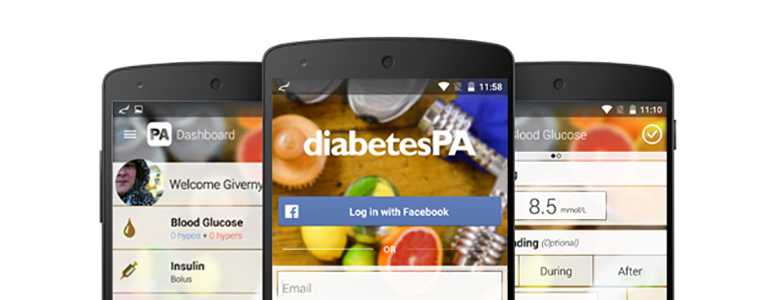The glycemic control of type 2 diabetes patients that quit smoking needs to be monitored extra carefully, according to UK researchers.
A study led by Dr. Deborah Lycett, of Coventry University found that the blood glucose levels of type 2 patients increased after they gave up smoking.
Upon analysing the results of a large UK primary-care database, 10,500 adult smokers with type 2 diabetes were assessed.
29 per cent (3,100 patients) quit smoking for at least a year and had an average HbA1c increase of 0.21 per cent (2.29 mmol/L). Confounding factors such as weight gain were accounted for.
The HbA1c of patients fell shortly afterwards, but remained elevated for two years after quitting compared to those who continued smoking.
The researchers wrote: “This study has shown strong evidence that glycemic control worsens after cessation of smoking and that this does not appear to be primarily down to increases in bodyweight that usually follow cessation.
“A proactive review of glycemic control and prompt adjustment of medication is needed in this patient group both before and after smoking cessation.”
However, the researchers also noted that the findings should not deter people from quitting smoking, and likewise clinicians from encouraging smoking cessation.
Dr Lycett added: “These findings are about supporting patients to make a successful quit attempt, not to deter people from quitting. Rather, being aware of a rise in HbA1c allows both patients and clinicians to prepare for this and respond to it in order to have optimal diabetes control.”






